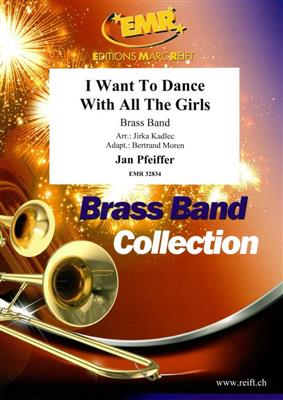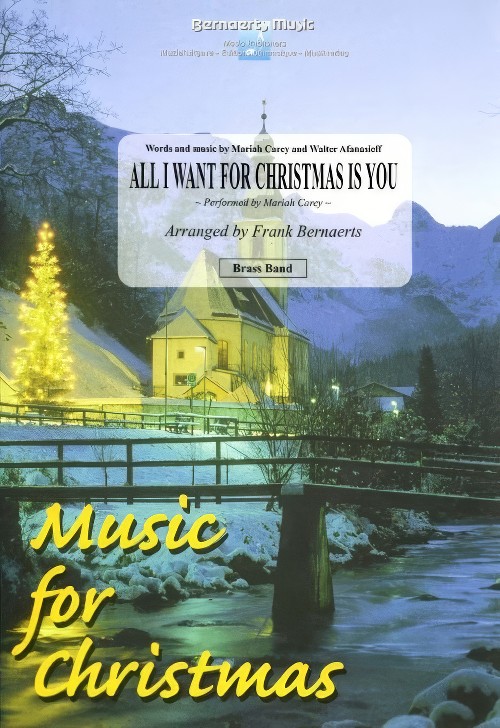We've found 97 matches for your search. Order by
Results
-
£57.00
You're the one that I Want - Travolta - Wilson
Estimated dispatch 5-14 working days
-
 £92.00
£92.00You're The One That I Want - John Farrar - Jirka Kadlec
Estimated dispatch 5-14 working days
-
 £64.90
£64.90I Want To Hold Your Hand - John Lennon - Jirka Kadlec
Estimated dispatch 5-14 working days
-
 £52.00
£52.00I Want To Dance With All The Girls - Jan Pfeiffer - Jirka Kadlec
Estimated dispatch 5-14 working days
-
 £70.00
£70.00All I Want For Christmas Is You - Mariah Carey - Frank Bernaerts
Estimated dispatch 5-14 working days
-
 £50.00
£50.00I Want to Break Free (Brass Band - Score and Parts) - Deacon, John - Harper, Philip
Queen's 80s smash hit is known by all and has become an anthem against oppression around the world. The famous keyboard solo is taken by trombone.Suitable for 2nd Section Bands and aboveDuration: 3.30
Estimated dispatch 7-14 working days
-
 £54.99
£54.99All I Want for Christmas is You (Brass Band - Score and Parts) - Afanasieff & Carey - Bernaerts, Frank
As performed by Mariah Carey. Duration: 3.45
Estimated dispatch 7-14 working days
-
 £54.20
£54.20ALL I WANT FOR CHRISTMAS IS YOU (Mariah Carey)(Brass Band) - Ratnik, Peter
Grade: Easy/Medium.
Estimated dispatch 7-14 working days
-
 £54.99
£54.99 -
 £50.90
£50.90I WANT TO HOLD YOUR HAND (Brass Band) - Lennon & McCartney - Woude, Klaas van der
Medium/Easy
Estimated dispatch 7-14 working days
